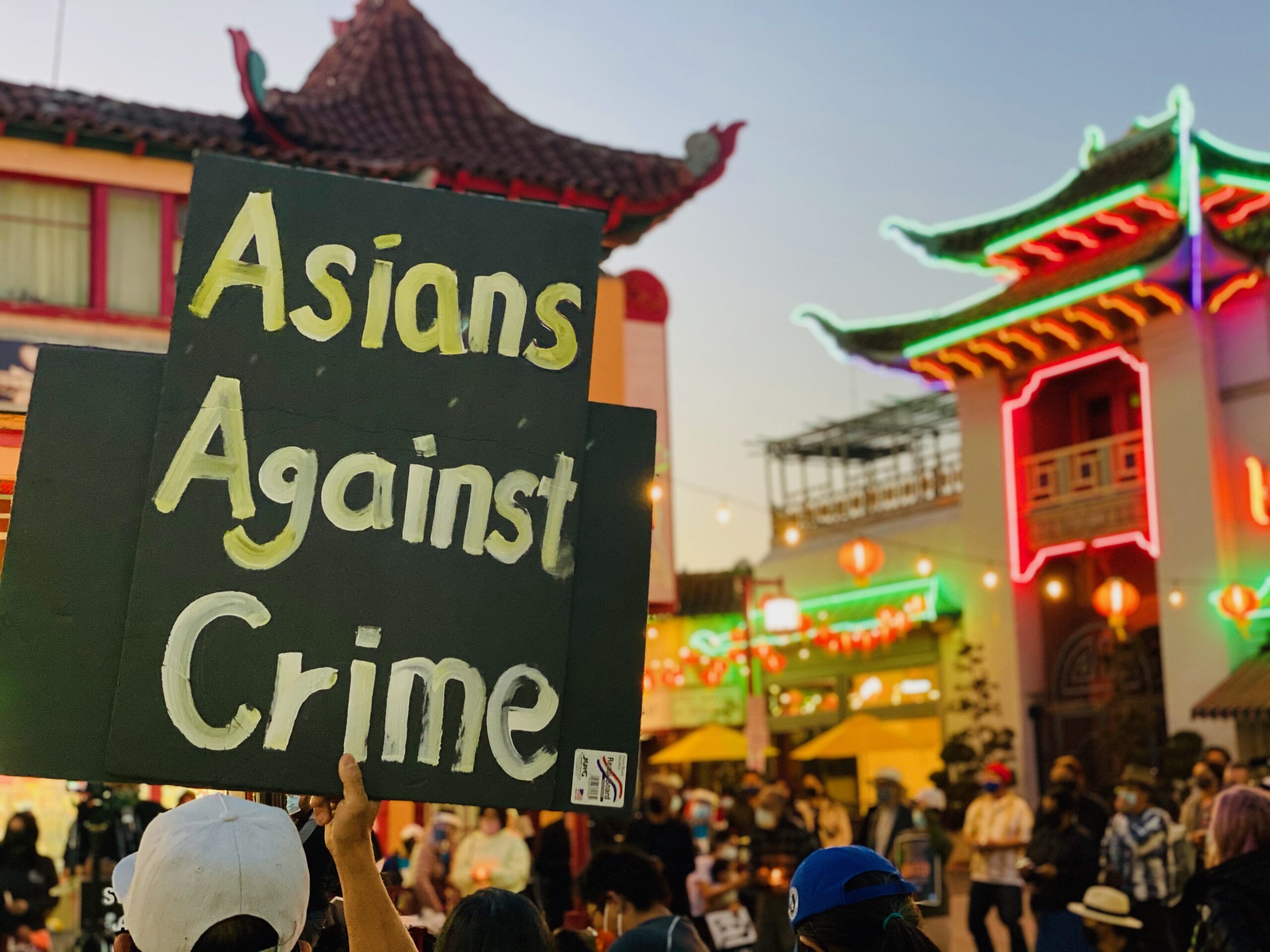
The White House on Tuesday, March 30 announced several actions in response to the latest string of anti-Asian violence and racism in the United States.
The move comes two weeks since the Atlanta mass shooting that left eight individuals dead, six of whom were Asian women, and as nearly 3,800 hate incidents have been reported across the country in the past year.
“We can’t be silent in the face of rising violence against Asian Americans. That’s why today I’m taking additional steps to respond — including establishing an initiative at the Department of Justice to address anti-Asian hate crimes,” President Joe Biden said on Twitter.
The actions include reinstating the White House Initiative on Asian Americans and Pacific Islanders with initial focus on anti-Asian bias and violence; funding for AAPI survivors of domestic violence and sexual assault; and forming a Department of Justice cross-agency initiative to review hate crimes and incidents.
“These attacks are wrong, un-American, and must stop,” Biden added.
Biden will reinstate and expand the White House Initiative on AAPIs and appoint a permanent director “to lead the Initiative in the coordination of policies across the federal government impacting Asian American, Native Hawaiian, and Pacific Islander communities,” according to the White House fact sheet.
The group was first formed during the Clinton administration and was reestablished by later presidents.
The Department of Health and Human Services will also allocate $49.5 million from the American Rescue Plan for community based and culturally specific services and programs for survivors of domestic violence and sexual assault. This program will help AAPI survivors who may face additional barriers to services, such as language access.
Meanwhile, a committee within the COVID-19 Equity Task Force will address xenophobia against Asian Americans.
Tuesday’s announcement builds upon the executive order the president signed on Jan. 26, which included directives to remove language in federal actions or documents that would contribute to xenophobia and racism against the AAPI population and for the Justice Department to expand its collection of data and public reporting regarding hate incidents against community members.
The actions also come a week after Sens. Tammy Duckworth (D-Ill.) and Mazie Hirono (D-Hawaii) criticized the administration’s lack of AAPI representation on the Cabinet secretary level. Duckworth later backtracked on her pledge to block the president’s non-diverse nominees in exchange for the White House adding an AAPI senior liaison.
The DOJ’s Hate Crimes Enforcement and Prevention Initiative will focus on the rise in hate crimes and reinitiate community outreach and engagement programs and addressing gaps in hate crimes reporting. Its hate crimes website has updated information on resources and has been made accessible in Tagalog, Chinese, Korean and Vietnamese.
The department on Tuesday also released a separate memo outlining plans to do a 30-day expedited review into its hate crime tracking and investigations.
Other moves planned include a research investment of $33 million from the National Science Foundation “to understand, address, and end bias, discrimination and xenophobia, including against AAPI communities” and a virtual bookshelf by the National Endowment for the Humanities, featuring federally-funded projects that explore and celebrate Asian Americans’ contributions to the U.S.
The National Council of Asian Pacific Americans (NCAPA) applauded the administration’s commitment, calling it a “powerful step towards realizing racial equity” for to AAPI and Native Hawaiian communities.
“Much of the focus is understandably in response to the surge of anti-Asian racism; however, the reestablishment of WHIAAPI and data disaggregation are critical steps for the broader community. We encourage the Administration to center Southeast Asian, South Asian, Native Hawaiian and Pacific Islanders in these efforts,” the organization said.
Biden, along with Vice President Kamala Harris, met with Asian American leaders in Atlanta on Friday, March 19, three days after the deadly shootings at three spas in the area.
“Whatever the motivation is, we know this: Too many Asian Americans have been walking up and down the streets and worrying, waking up each morning for the past year feeling their safety and the safety of their loved ones are at stake,” Biden said.
Thirty-two U.S. senators and 101 representatives have co-sponsored a resolution condemning anti-Asian hate following the Atlanta attacks, according to Axios.
Sen. Mazie Hirono (D-Hawaii) and Rep. Grace Meng (D-NY) previously introduced the COVID-19 Hate Crimes Act, which addresses the rise of hate crimes and violence targeted against the AAPI community by assigning a point person at the Department of Justice to expedite the review of COVID-19-related hate crimes.
The bill would also provide support for state and local law enforcement agencies to respond to these hate crimes, and coordinating with local and federal partners to mitigate racially discriminatory language used to describe the pandemic.
The Biden administration recently urged Congress to swiftly pass the legislation.
Data released by Stop AAPI Hate — a national coalition created during the beginning of the pandemic — revealed that from March 19, 2020 to February 28, 2021, the reporting center received 3,795 firsthand incidents of racism and discrimination from all 50 states and the District of Columbia.
Of that number, 503 incidents took place in the first two months of 2021 alone. Women are 2.3 times more likely to report the versus men, the group also found.
Meanwhile, a new study by SurveyMonkey and AAPI Data released on Tuesday found that one in four Asian Americans (27%) and Pacific Islanders (24%) has experienced a hate incident, compared to the national average of 22%.
Other acts of racial discrimination and microaggressions were also elevated among AAPIs, including 64% of Asian Americans being asked where they are from and 27% being “encouraged to Americanize or Whiten one’s name.”
The data comes from the 2021 American Experiences with Discrimination Survey conducted online by SurveyMonkey between March 18-26 with 16,336 adult U.S. residents.
“These trends show that experiences of racial bias and hostility reported by Asian Americans emerge from a much broader environment of discrimination and racism affecting Black, Latinx, and other non-white groups in the U.S.,” said Janelle Wong, senior researcher at AAPI Data.






